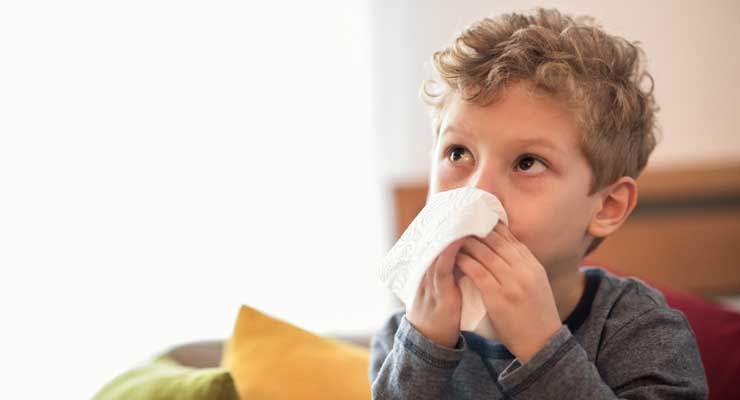Children often experience respiratory disorders that cause coughing. Some conditions are characterized by labored breathing or wheezing. Several disorders can cause wheezing and various accompanying symptoms. While home treatments may help with mild coughing and wheezing, serious symptoms require the attention of your child’s pediatrician.
Wheezing
Wheezing is a whistling noise that occurs when your child exhales and inhales. Although wheezing may sound awful, it seldom signals a serious disorder, according to the Better Health Channel, an Australian health and medical website. Common childhood illnesses often cause this reflexive respiratory action that helps clear the throat and chest.
Causes of Wheezing
Conditions that affect the respiratory system can cause wheezing. Colds and allergies can lead to coughing and wheezing. Exposing your child to cigarette smoke in your home or car can increase his risk of developing respiratory problems. Bronchiolitis, a viral infection of the respiratory system, can cause your child to wheeze. Asthma may also cause noisy breathing and wheezing sounds.
Home Treatments of Wheezing
If the wheezing doesn’t cause breathing problems and your child does not act distressed, you can probably comfort him at home. Offer him plenty of fluids, giving him small sips at frequent intervals rather than large drinks all at once. Add moisture to the air using a humidifier or the steam from a hot shower. Consult your doctor before offering your child an over-the-counter cough medicine.
Warning Signs
Some cases of wheezing require medical attention. Wheezing that doesn’t go away or keeps coming back can be a sign of asthma. Situations that require immediate medical care include rapid or irregular breathing, skin that appears blue or pale, unusual tiredness and refusal to eat or drink. While children frequently run fevers with respiratory disorders, a fever above 102 Fahrenheit can signal the presence of pneumonia, a serious illness requiring medical treatment. Noisy breathing can also alert you to a choking condition. A child who begins wheezing suddenly may be choking on a piece of food or other object. Choking is an emergency situation.
Medical Care
Your doctor may need to perform tests to determine the underlying cause of your child’s wheezing. The correct course of medical treatment depends on the reason for the respiratory disorder. Your child may require antibiotics to clear up bacterial infections or antihistamines to reduce the frequency and severity of asthma attacks. Persistent coughing or wheezing may require antihistamines to help control allergy attacks.





